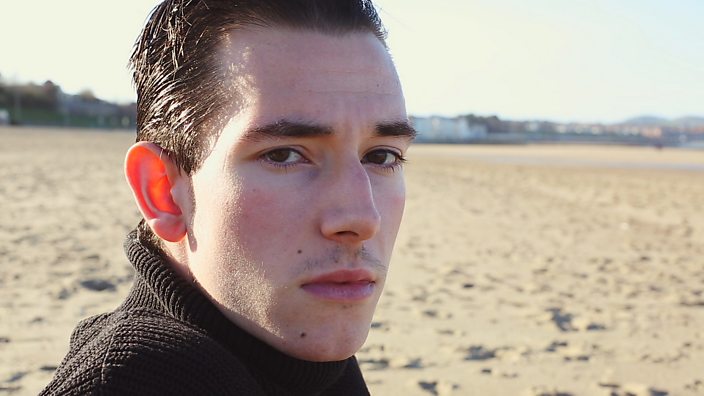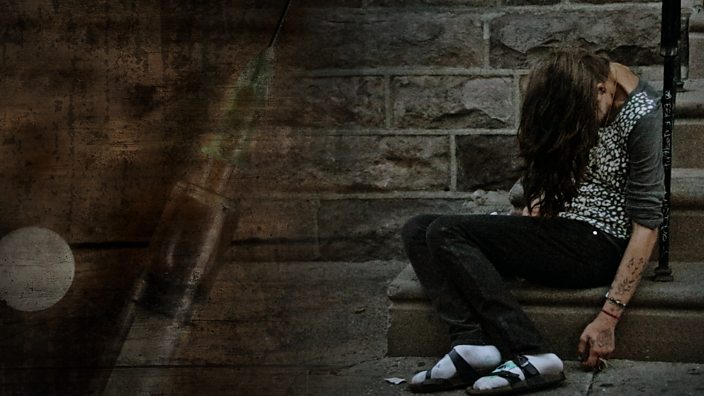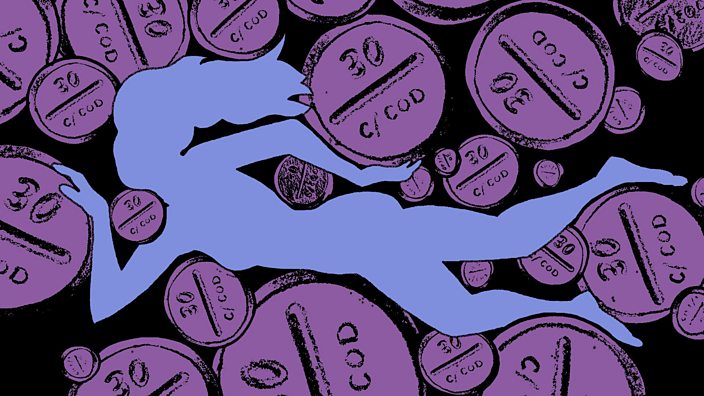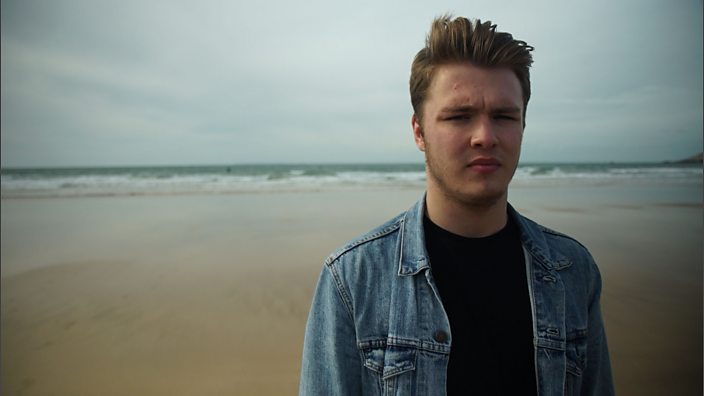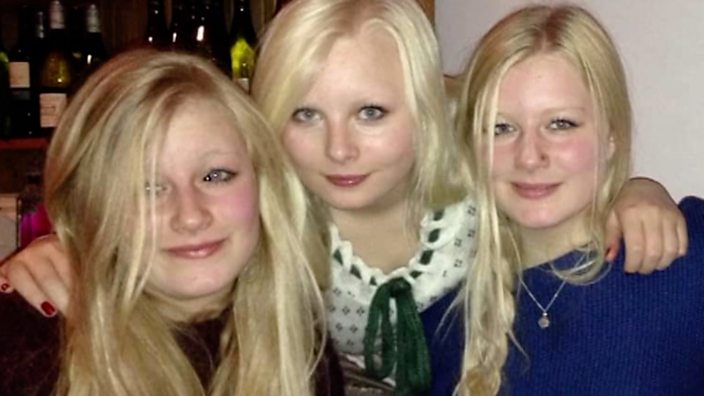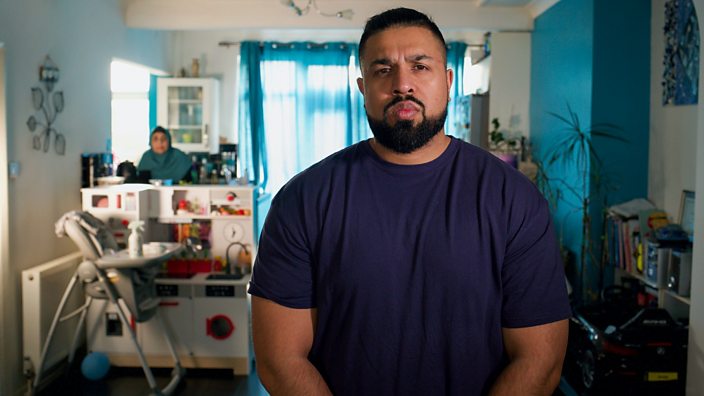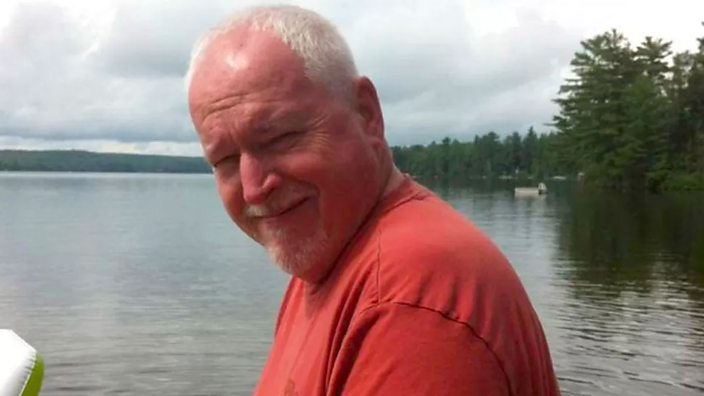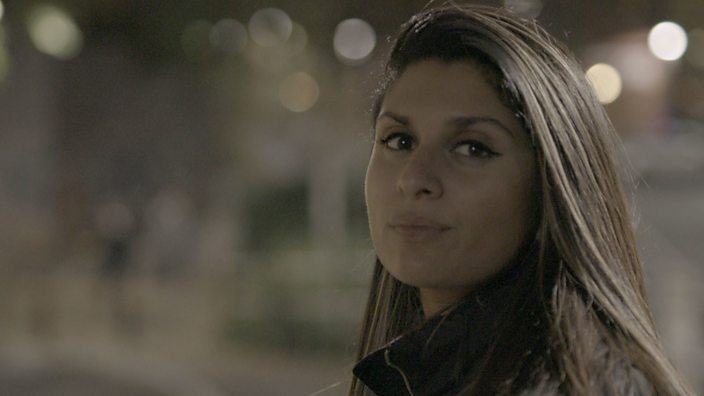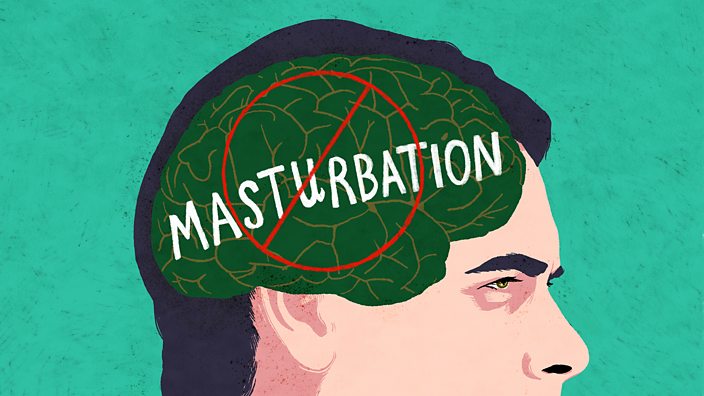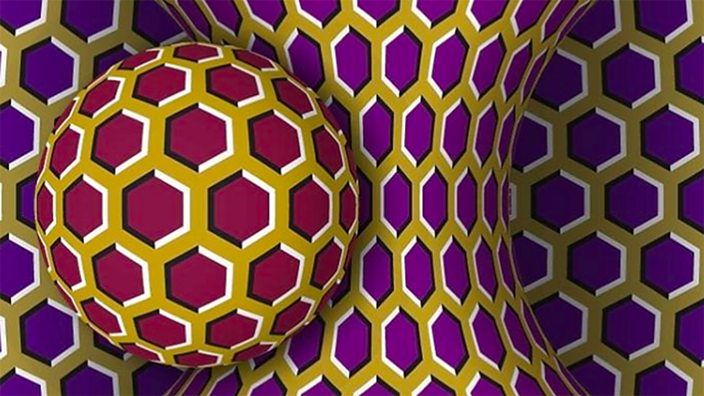 BBC
BBCThe real McMafia: How organised crime moved online
The real-life heists behind the BBC drama
This article contains some plot spoilers for the first four episodes of McMafia
“The thing about meeting people involved in organised crime,” says Misha Glenny, “is making sure they have trust in you.”
Glenny is a former journalist and the author of McMafia – a 2008 book that explores the globalisation of crime following the break-up of the Soviet bloc. The book is now the source material for the BBC’s eight-part drama starring James Norton as the British-raised son of a Russian mafia boss.
One of its themes is how organised crime finds ways to exploit the increasing digitisation of society. The last 10 years has seen an explosion in the range of online criminal activities – and the people who facilitate them.
Glenny happens to be something of an expert on this. His 2011 book DarkMarket charted the emergence of an illicit online marketplace for credit card details and identity theft.
The 'DarkMarket' was just one of a number of dark web bazaars that are ‘hidden’ from Google, and trade in all kinds of black-market goods. The ill-fated Silk Road (which mostly sold illegal drugs) and, more recently, AlphaBay and Hansa (also drugs markets) are further examples.
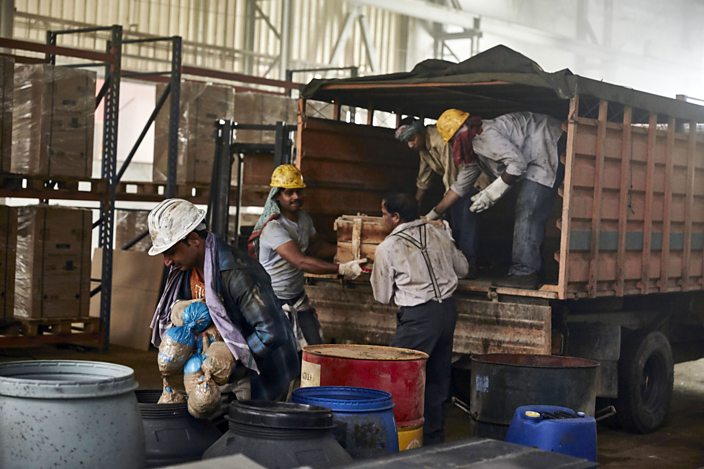 BBC
BBCGlenny has experienced plenty of old-fashioned, face-to-face contact with drug lords and criminal syndicates, too. He recalls one late-night meeting with large-scale marijuana dealers in the township of Stellenbosch, South Africa.
Glenny, who was understandably “anxious”, had been asked by his fixer to leave his valuables in his car – with the doors unlocked.
“[The fixer] said: ‘I told you you're going to have to trust me – so leave your computer on the seat and you’ll see no one will touch it.'”
Obliged to do so, Glenny left the car unlocked on the streets of this small town and entered the building, where the air was thick with marijuana smoke.
“Everyone was completely stoned,” he says. “It's difficult not to get a little bit stoned yourself from all the smoke in the air.”
The interview went well – but Glenny couldn’t stop thinking about his laptop, which contained vast amounts of information he could not afford to lose, and was lying in full view of everyone in the neighbourhood.
“I walked back out about one o'clock in the morning,” he says.
“The car was still there, doors open, and the computer was lying on the seat.
“[The fixer] looked at me and said: ‘I told you so.'”
 BBC
BBCThe fourth episode of McMafia is a fictionalised portrayal of how the East Africa route for heroin trafficking was established. The journey is a roundabout one from Afghanistan to Pakistan, on to India and then Kenya.
The UN estimated that 22 tons of heroin passed through the East Africa route in 2013 – about 5% of the entire annual flow of 430-450 tons of heroin in the global market.
The episode is also notable for its depiction of how organised crime has gone online. There are some 5,000 Organised Crime Groups (OCGs) in Europe incorporating more than 180 nationalities, according to European Police Office Europol. More than one third of these are involved in the distribution of drugs.
And according to Interpol, "the integration of digital systems in many criminal activities and the expansion of the online trade into illicit goods and services is transforming serious and organised crime.”
A wide and growing range of criminal trends are supported by the online space. Money laundering, payment card fraud, phishing, malware, ransomware, dark markets and document fraud are just a few examples. Another is hacking.
“Organised crime is now evolving and adapting to digital technology,” says Glenny. “Initially it was quite slow to take it on, but now people are beginning to understand just how advantageous digital techniques can be.”
In McMafia, the criminal syndicate decides to import heroin to Kenya from India. But first they have to get it to Mumbai by boat – meaning they need to avoid detection by port authorities.
As well as bribing officials on the ground, they need to hack into the port network to do this. Glenny explains the origins of the story.
“That idea of heading into the port was very similar to a case in Antwerp,” he says.
This attack on the Belgian port of Antwerp took place over a two-year period from June 2011.
A Netherlands-based drug trafficking group is thought to have hidden cocaine and heroin among legitimate cargoes from South America.
The owners of the cargoes were oblivious to the plan. But the criminals had a problem: they needed to intercept the drugs once they arrived in Antwerp – and finding the right shipping containers amid hundreds of lookalikes was no easy task.
The criminal syndicate recruited hackers to access the database containing the location and security details of every container in the port, meaning the traffickers could send lorry drivers to steal the relevant cargo before the owners arrived.
Workers eventually realised the containers were disappearing without explanation, but the criminals had managed to get away with the scheme for two years, according to Europol.
In McMafia, the hackers breach the port’s system by exploiting a vending machine with inferior security protocols connected to the network.
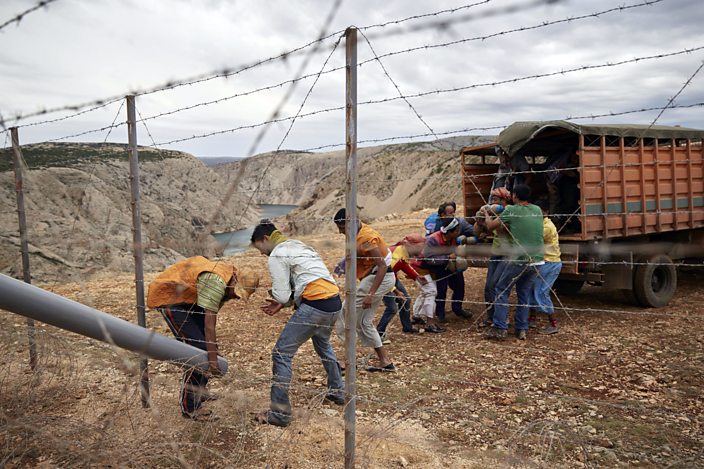 BBC
BBC“This is actually much more likely than it was before,” says Glenny. “Because the ‘internet of things’ has led to a proliferation of devices with their own IP addresses.”
The ‘internet of things’ is a term for ordinary household items like fridges or TVs, that are connected to the internet: things like ‘smart’ thermostats that can be controlled from an app on your phone, or central heating that automatically switches on when your car’s GPS says you’re 15 minutes from home. These are items "through which people can enter into network systems," Glenny says.
Trade along the real East Africa route was established in the 1980s and increased in the 90s, says Glenny – but tailed off as more direct routes became more feasible.
“You have this extraordinary surge in heroin production in the mid-1990s, which has never really reduced since. In fact, although Tony Blair said that by intervening in Afghanistan by supporting George Bush he was aiming to rid Britain of cheap heroin, the very opposite happened.
“In fact the intervention in Afghanistan led to yet another surge in heroin production.”
Afghanistan’s opium harvest reached a record high in 2013 – just as the US was ending major combat operations in Afghanistan. (They officially withdrew at the end of 2014. Some 13,000 foreign troops remain in Afghanistan, according to NATO.)
At around the same time, drug traffickers were facing increasing pressure from the authorities on the more direct transit routes through Asia and the Middle East that had been favoured in recent years. So around 2011 they returned to the East Africa route.
We see this happening in episode four of McMafia, as a Russian mafia boss attempts to persuade his international business partners of the route's advantages.
The series has so far received rave reviews – but it is this attention to the minutiae of criminal operations that Glenny is particularly proud of.
“As a writer of a nonfiction book, if I'd had the fantasy of my wildest dreams when I was writing the book 11 or 12 years ago, it exceeds that.”
